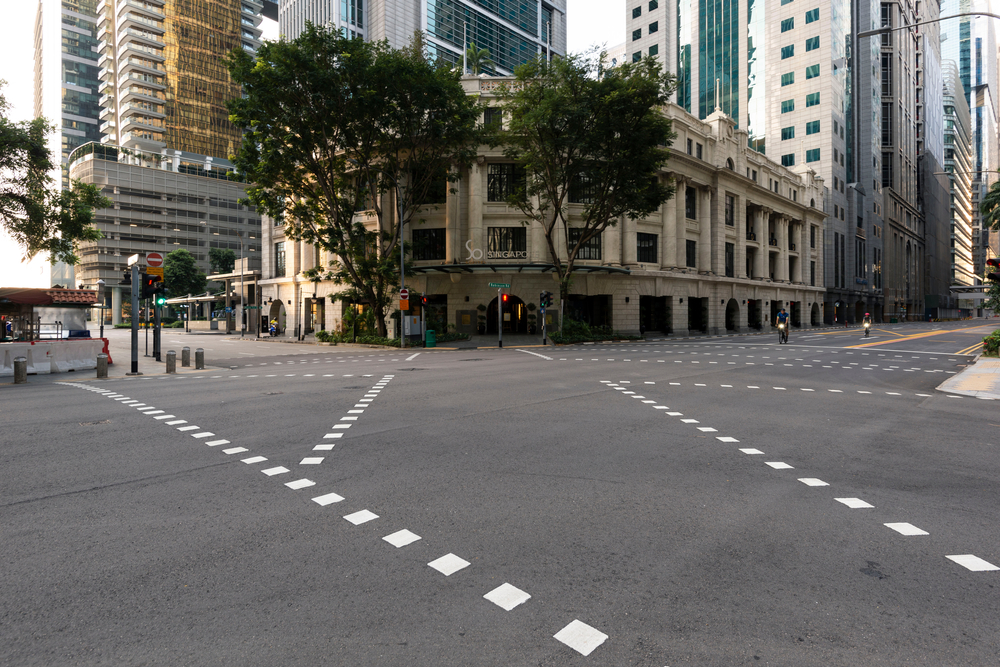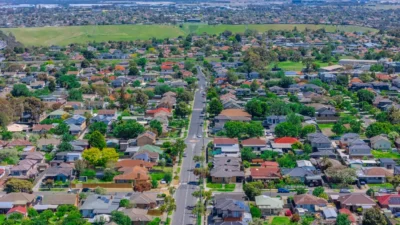Impact of COVID-19 on economy urges Monetary Authority of Singapore to ease monetary policy
As well as reduce the midpoint of the policy band, which only last occurred in 2009 during the global financial crisis

According to PropertyGuru Singapore, the Monetary Authority of Singapore (MAS) has decided to ease its monetary policy by lowering the slope of the Singapore dollar policy band to a zero rate of appreciation as the COVID-19 pandemic continue to disrupt the economy.
MAS revealed that they did keep the width of the policy band the same, but they have resorted to reducing the midpoint of the policy band, which only last happened in 2009 during the global financial crisis.
Other central banks typically control the monetary policy via interest rates, but MAS does it through exchange rate settings so the Singdollar can descent or ascent against the currencies of its primary trading partners within the Singdollar nominal effective exchange rate (S$NEER), an undisclosed policy band.
MAS enables the local currency to depreciate or appreciate against the basket of currencies as long as it remains in the band and only interferes when absolutely necessary.
With a more lenient monetary policy, the local currency will appreciate at a slower pace compared to other currencies.
Meanwhile, the rate of inflation will also slow even though there will be an increase in prices for some imported items caused by the supply chain delay amid the outbreak. For this reason, MAS reduced its prediction for overall inflation to zero percent and for core inflation to –1 percent.
The central bank also revealed that the S$NEER depreciated to moderately below the midpoint level of the policy band because of the downturn in macroeconomic conditions and presumption of a weaker outlook.
Recommended
Inside Asia’s luxury resort residences that are redefining high-end living
Asia’s resort residence market is witnessing a shift as investors eye larger, multifunctional units
How joining BRICS could give Thailand and Malaysia a new economic edge
Thailand and Malaysia are eyeing membership in the bloc of emerging nations
How Modi’s real estate reforms are transforming India’s housing market – and what’s next
A coalition led by the strongman prime minister Narendra Modi is looking to consolidate gains in the property market
Why Japan’s new interest rates might spark a transformation in Niseko’s property market
A new era for Niseko’s wintry property market dawns with the sunset of Japan’s negative rates regime







